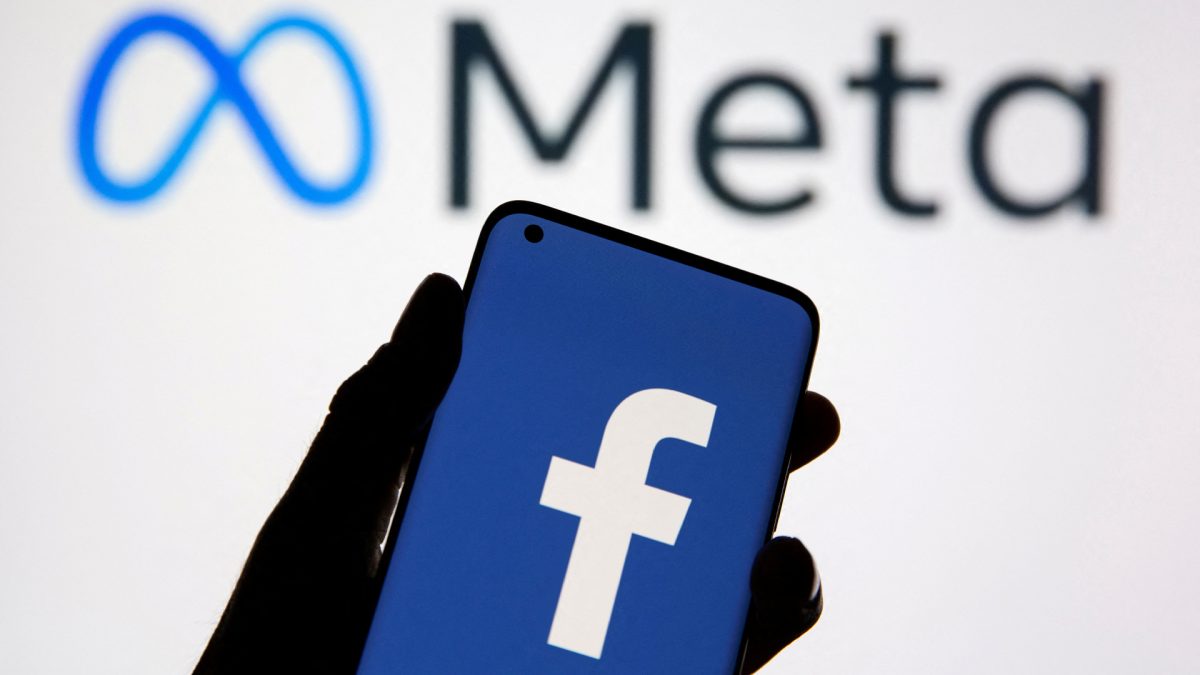Meta has introduced significant changes to its hate speech and content moderation policies, igniting criticism for allowing users to accuse LGBTQ+ individuals of being mentally ill based on their sexuality or gender identity. The updated guidelines, revealed on Tuesday, are part of broader adjustments across Meta’s platforms, including Facebook, Instagram, and Threads.
The revised policy maintains bans on insults targeting intellect or mental health but introduces an exception for allegations tied to sexual orientation or gender identity. The company explained that these allowances reflect ongoing political and religious discourse around LGBTQ+ issues and the casual use of terms like “weird.” Advocacy groups, however, warn that this shift opens the door to harmful rhetoric targeting vulnerable communities.
Advocacy groups condemn the changes
LGBTQ+ advocacy groups have expressed alarm over the updated hate speech policies, warning they could embolden discrimination and hostility. GLAAD, a leading organisation in LGBTQ+ media advocacy, described the changes as a “green light” for users to target marginalised communities, including LGBTQ+ individuals, women, and immigrants. The organisation accused Meta of prioritising profit over user safety, normalising harmful narratives for the sake of appeasing political critics.
Campaigners against online hate speech suggested that Meta’s new approach is a strategic move to align itself with the incoming Trump administration. Ava Lee of Global Witness argued that the changes represent a calculated effort to avoid regulatory scrutiny while shirking responsibility for the spread of harmful content. The policy shift, she said, undermines protections that ensured a safer and more equitable digital space.
Fact-checking replaced by user moderation
In addition to the hate speech changes, Meta is dismantling its third-party fact-checkers, replacing them with a user-driven model inspired by X’s Community Notes system. This new approach will allow users to annotate posts with context or corrections, subject to community approval. CEO Mark Zuckerberg framed the shift as a return to free expression, citing recent elections and what he called a cultural shift toward open dialogue.
Meta’s fact-checking programme, introduced in 2016, previously worked with independent organisations to flag false or misleading content. However, Zuckerberg claimed the system had become politically biased and needed to be reimagined. The initial rollout of the Community Notes system will begin in the U.S., with no immediate plans to expand it to the UK or EU. Critics argue that this rollback could lead to a rise in misinformation and hate speech.
Political calculations and growing backlash
The timing of Meta’s announcements has raised questions about its motivations. The changes come as Meta and other tech giants, such as Amazon and Apple, make visible efforts to improve relations with US President-elect Donald Trump. Meta has donated $1 million to Trump’s second inaugural fund and recently appointed UFC President Dana White, a known Trump supporter, to its board.
Trump has previously criticised Meta’s moderation practices, accusing the company of censoring right-wing voices. Following the changes, Trump publicly praised Zuckerberg’s decision, calling it a positive step. Critics, however, view the policy overhaul as a blatant attempt to curry favour with the new administration.
Joel Kaplan, Meta’s incoming global affairs chief, echoed these sentiments, stating that independent fact-checking, while well-intentioned, had often resulted in overreach and censorship. He suggested the new system would better align with Meta’s commitment to free expression, even as the company acknowledges the risks of reduced moderation.
Risks of a lax moderation approach
Meta’s leadership has conceded that the new policies come with trade-offs. Zuckerberg admitted that the changes could result in less harmful content being flagged, but argued they would also reduce the accidental censorship of innocent posts. Despite these assurances, advocacy groups and fact-checking organisations have criticised the shift as a “backwards step” that risks amplifying harmful narratives and misinformation.
The rollback of hate speech protections and the removal of independent fact-checking mechanisms stand in stark contrast to growing regulatory demands in regions like the UK and EU. There, big tech companies are under increasing pressure to take responsibility for harmful content or face severe penalties. For now, Meta’s policy changes remain limited to the US, but their implications for global users are uncertain.
Balancing Free Expression and Harm Prevention
Meta’s sweeping changes highlight the challenges tech companies face in balancing free expression with user safety. While the company positions itself as a champion of open dialogue, critics argue that loosening hate speech protections and fact-checking safeguards could have far-reaching consequences.
As Meta navigates this contentious shift, the backlash from advocacy groups, users, and regulators underscores the complexities of moderating online platforms in an era of polarised discourse. Whether these changes reflect a genuine commitment to free speech or a strategic alignment with political interests, their impact on digital spaces is likely to be profound and divisive.
)